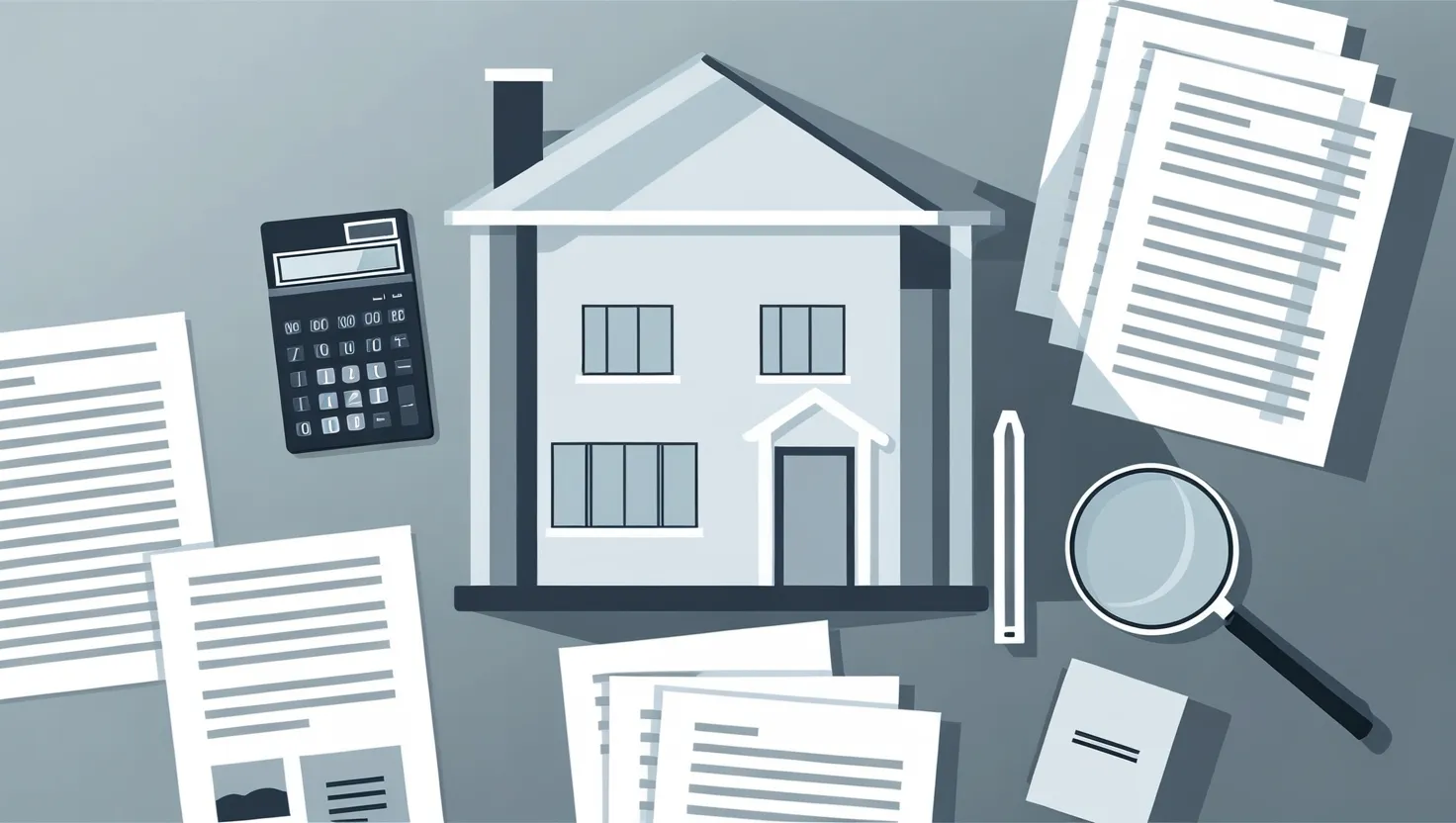Universal Basic Income: A Game-Changer for Economic Security?
Picture this: a world where everyone gets a regular chunk of cash, no strings attached. Sounds like a dream, right? Well, that’s the basic idea behind Universal Basic Income (UBI). It’s stirring up quite the debate these days, especially when it comes to tackling unemployment. So, let’s dive in and see what all the fuss is about.
First off, what’s UBI all about? It’s pretty simple: give every citizen a fixed amount of money regularly, whether they’re working or not. The goal? To provide a safety net and ensure nobody falls through the cracks. It’s like having a financial cushion, always there to soften the blow when life throws you a curveball.
Now, you might be thinking, “Sounds great, but does it actually work?” Well, the jury’s still out, but we’ve got some interesting examples to look at. Take Brazil, for instance. During the COVID-19 pandemic, they rolled out a program called Bolsa Família, dishing out about $110 a month to a quarter of the population. The result? A significant dip in poverty rates. Not too shabby, right?
Or how about Namibia? They ran a UBI trial that slashed household poverty rates from a whopping 76% to 37% in just one year. That’s like going from barely scraping by to actually seeing some light at the end of the tunnel for many families.
But hold your horses! Before we start celebrating, let’s tackle the elephant in the room: What about work? Won’t people just kick back and relax if they’re getting free money? It’s a valid concern, and some studies have shown that cash payments can lead to fewer hours worked. In Seattle and Denver, for example, they found that people did tend to work less when they received unconditional cash.
The Swiss government was so worried about this that they put the kibosh on UBI implementation. They were concerned it would shrink the workforce and make it even harder to find skilled workers. After all, if you’re guaranteed a basic income, why bother with that 9-to-5 grind, right?
But here’s where it gets interesting. Some researchers are saying, “Hold up! UBI might actually boost the economy and make people more productive.” How? Well, imagine having a financial safety net that lets you take risks, learn new skills, or start your own business without worrying about going broke.
Take Alaska, for example. They’ve got this thing called the Alaska Permanent Fund, which shares some of the state’s oil money with residents. The result? More spending power and new jobs popping up. It’s like giving the economy a little caffeine boost.
And in Uganda, a UBI trial helped people invest in themselves. They used the money for skills training and business assets, which led to more work hours and higher earnings. It’s like giving people a fishing rod instead of just a fish, you know?
But UBI isn’t just about dollars and cents. It could be a game-changer for equality too. Think about all the unpaid work that goes on, like taking care of kids or elderly relatives. Who usually ends up doing that? Women, right? UBI recognizes the value of this work and could lead to a fairer split of household chores. Plus, it might give working parents more quality time with their kiddos.
And let’s not forget about mental health. Money worries can really mess with your head. In Finland, they tried out UBI and found that people reported being happier, healthier, and less depressed. It’s like lifting a weight off people’s shoulders.
Now, I know what you’re thinking: “This all sounds great, but who’s going to foot the bill?” You’re not wrong – implementing UBI would need some serious cash. We’re talking about raising taxes or shuffling around existing welfare funds. In Scotland, they crunched the numbers and found they’d need an extra £7 billion, which would mean bumping up all tax rates by eight percentage points.
But here’s the thing: supporters argue that the long-term benefits could outweigh the costs. Less poverty, better health outcomes, and a simpler welfare system could save money in the long run. It’s like investing in a good pair of shoes instead of buying cheap ones that fall apart every few months.
Across the pond in the US, cities are getting creative with UBI pilot programs. Places like Austin and New Orleans are trying out guaranteed income schemes, using a mix of taxpayer money and private donations. These experiments are like test drives, helping us understand how UBI might work in different communities.
In the UK, they’re taking a slightly different approach. The Jarrow and East Finchley pilot is giving participants £1,600 a month for two years. It’s not just about individuals – they’re looking at how it affects the whole community. It’s like zooming out to see the bigger picture.
So, can UBI solve unemployment? Well, it’s not a simple yes or no answer. UBI has the potential to be a powerful tool in fighting poverty and providing economic security. It could give people the breathing room they need to pursue meaningful work or start their own ventures.
But it’s not without its challenges. We need to figure out how to implement it in a way that supports economic growth rather than hindering it. It’s like trying to bake the perfect cake – you need to get all the ingredients just right.
As we navigate this increasingly uncertain job market, with automation looming on the horizon, exploring UBI isn’t just interesting – it’s essential. It could be the key to creating a more equitable and secure future for everyone.
In the end, UBI is about more than just money. It’s about giving people the freedom to make choices about their lives without the constant fear of financial ruin. It’s about recognizing the value of all types of work, not just the ones that come with a paycheck. And it’s about creating a society where everyone has a shot at a decent life, regardless of their circumstances.
Is UBI the silver bullet for all our economic woes? Probably not. But it’s certainly a bold idea worth exploring. As we continue to grapple with issues of inequality, job insecurity, and economic uncertainty, UBI could be a powerful tool in our arsenal.
So, next time you hear about UBI, don’t just brush it off as some pie-in-the-sky idea. It might just be the revolution our economy needs. Who knows? Maybe one day, we’ll all be getting that monthly check, giving us the freedom to pursue our passions, take care of our loved ones, and contribute to society in ways we never thought possible.
After all, isn’t that the kind of world we all want to live in? A world where everyone has a fair shot at success, where financial stress doesn’t keep us up at night, and where we can focus on what really matters in life. UBI might not be perfect, but it’s certainly a step in that direction. And in these uncertain times, that’s something worth considering.






